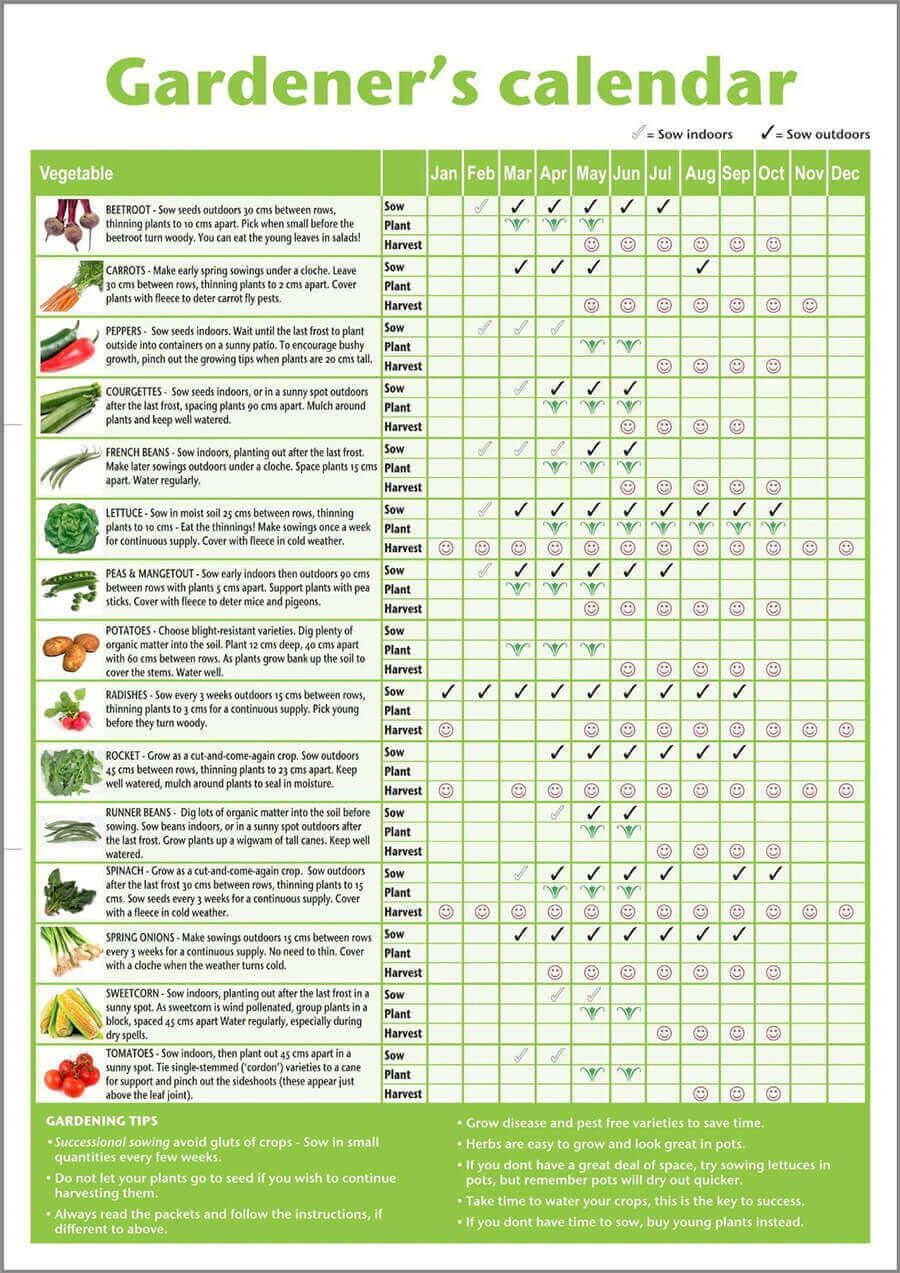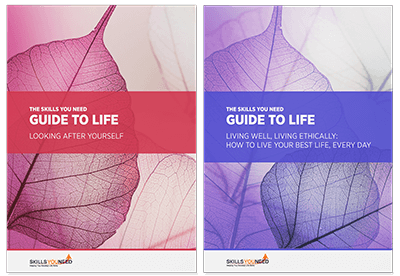How to Reconnect with Nature
for Better Mental Health
See also: Improving Your Wellbeing
The latest scientific research on ‘nature connectedness’ makes for uncomfortable reading. It warns: “There’s no wellbeing without nature’s wellbeing. Everyone is at risk from the loss of habitats and a warming planet. The climate crisis, wildlife emergency and Covid-19 pandemic show that the existing relationship between people and the rest of nature is broken.”
The study is based on the generally accepted understanding that we are part of nature and that our emotional connections and responses to the natural environment help to regulate our own feelings, keeping us mentally healthy. It’s what the American author Richard Louv calls the ‘nature-deficit disorder’: the loss of the connection between humans and their natural environment.
How does nature contribute to our wellbeing?
Spending time in nature has benefits our whole self - physical, mental and spiritual. It’s worth remembering some of the important reasons why reconnecting with our physical environment is essential:
Being outdoors in nature increases fitness levels and can help with weight loss, raises vitamin D levels, improves distance vision and cognitive ability. It helps to reduce blood pressure, ADHD symptoms, and the risk of cancer and diabetes.
“Getting regular exercise helps prevent heart disease and other chronic illness, improves mood, reduces stress, improves sleep, and more. Outdoor exercises are just as effective as indoor ones, can be more fun, and have some other appealing advantages.” (Everyday Health)
Spending time in nature has been proven to reduce stress, depression, anxiety and anger, slowing the heart rate and restoring a sense of calm and peace. It is helpful for boosting mood, confidence and self-esteem.
“Our study shows that for the greatest payoff, in terms of efficiently lowering levels of the stress hormone cortisol, you should spend twenty to thirty minutes sitting or walking in a place that provides you with a sense of nature." (Science Daily)
Tuning into the rhythms of nature feeds the soul and makes us come alive. It issues a powerful reminder that we are all part of something bigger, giving a fresh sense of perspective of our place in the world.
“Today, our biggest problem is that we have separated ourselves from nature – so much that there is a risk we may not survive as a species. We need philosophies, spiritualities, ideas, that can help us get back in touch with nature again – our spirituality must become ecological.” (OBOD)
How to incorporate nature into everyday life
If we can harness the power of nature in our everyday lives, it makes everything better. It really is that simple. Rather than spending too much time indoors, worse still staring at a TV, computer or smartphone screen, the best thing we can do for ourselves is to get out there and rebuild that connection with the great outdoors.
Here are some simple tips on how to get closer to Mother Nature that anyone can do. All that’s required is a little bit of time and perhaps an open mind.
Go for a nature walk
Building your connection with nature can be as simple as leaving the car at home and going on foot instead. If you already routinely walk to the shops or take the dog for a walk, why not include more, longer nature walks and take the opportunity to explore your local countryside?
Forest bathing (shinrin-yoku) is a Japanese practice that has been proven to have a host of mental health benefits such as improving feelings of happiness and freeing up creativity. Find a local forest and breathe deeply. And yes, you can absolutely hug a tree!
Socialise outside
Take every opportunity for social meet-ups to take place outdoors when the weather is nice. Why not arrange a picnic or outdoor walk with a friend rather than meeting up in a crowded coffee shop? You can both top up on your daily quota of vitamin D while catching up on each other’s news.
Spending time outdoors is also an excellent antidote to combat being gadget dependent - and that goes for all the family. Invite friends over for a garden party with a barbeque, organise a camping weekend or head to the beach with your romantic partner to watch the sunset together.
Meditate outdoors
There’s a reason why monasteries and meditation retreats are often found in the mountains or deep in the forest. Nature is a place where wisdom and perception come alive. Without the distractions of everyday life, an outdoor meditation will activate your senses and make your practice more alert.
Find a calm and quiet spot where you feel safe - it could be in your garden, a local park or in the middle of a field - and practice mindfulness. Spend just a few minutes of being in the moment, letting thoughts pass and focusing on the breath. You could also take your yoga practice outside.
Love your plants
Nurturing a plant is one of the best ways to become connected to Mother Nature. Whether you tend your own vegetable patch in the garden, have an allotment, or just grow a few herbs on the window sill, there’s a deep satisfaction that comes from harvesting and eating home grown produce.
During the colder months, you can still surround yourself with flora inside your home. Place lush green houseplants and floral bouquets around the place, and use essential oils to bring the outside in through natural fragrances in a room diffuser.

Go barefoot
If you are craving that physical connection with the earth, there’s no better way to feel grounded than by taking your shoes and socks off and walking barefoot on the grass or a sandy beach. ‘Grounding’ is often considered as one of the mechanisms through which your body maintains equilibrium and health.
There are many other ways to practice ‘grounding’ or ‘earthing’ than with your bare feet. Try lying down on the ground looking at the sky above, swim in an ocean or lake (ideally naked), lean up against a majestic tree, or garden with your bare hands.
Further Reading from Skills You Need
The Skills You Need Guide to Life
This two-part guide is an easy-to-read summary of the essential skills you need for a healthy mind and body.
The first eBook, Looking After Yourself, covers some of our most popular content and will help you to live a happier, healthier and more productive life.
The second eBook, Living Well, Living Ethically, considers how you can live your best life all the time. It helps you to answer the question: how can I avoid having too many regrets about my life?
About the Author
Dakota Murphey is a writer based in Brighton, specialising in management training, HR and effective talent acquisition. Having authored pieces for numerous online and print magazines, Dakota has undertaken independent studies to discover how managerial styles and practices can positively impact business productivity.


